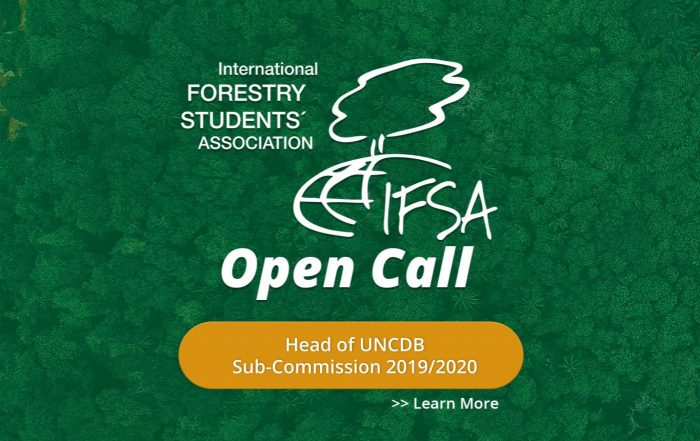UN Convention of Biodiversity (UNCBD)
The establishment of the Convention of Biological Diversity (CBD) has resulted from an increasing focuse of international politics on human-environmental interaction. As one of the three so-called “Rio-conventions”, its founding follows an international agreement signed by all members of the UN, concluding the Earth Summit in 1992.
The CBD responds to the challenge of the global decline of biodiversity by calling for the need of action plans on conservation. Three provisions have been listed out: 1) The conservation of biological diversity. 2) The sustainable use of the components of biological diversity. 3) The fair and equitable sharing of the benefits arising out of the utilization of genetic resources.
The Convention on Biological Diversity provides a global legal framework for action on biodiversity. Every two years, parties that have signed the convention are brought together in the Conference of the Parties (COP) to discuss the strategies and review the progress in the implementation of the convention. The Subsidiary Body on Scientific, Technical, and Technological Advice (SBSTTA), which includes scientific communities and experts from relevant fields, plays an important role in COP for assisting the implementation of the convention.
Important milestones are the AICHI targets, the post-2020 framework on the IPBS reports.

IFSA’s Engagement

Latest News from UNCBD
[OPEN CALL] Head of UNCBD Sub-Commission
Dear IFSA World! Would you like to become more involved with what happens in IFSA? A new opportunity is here - you can now apply to become an IFSA Official for the 2019-2020 period! We [...]
What is Biodiversity?
<![CDATA[]]>
